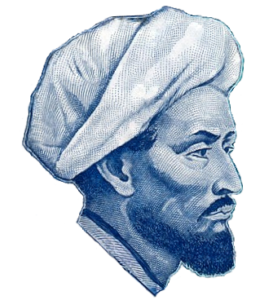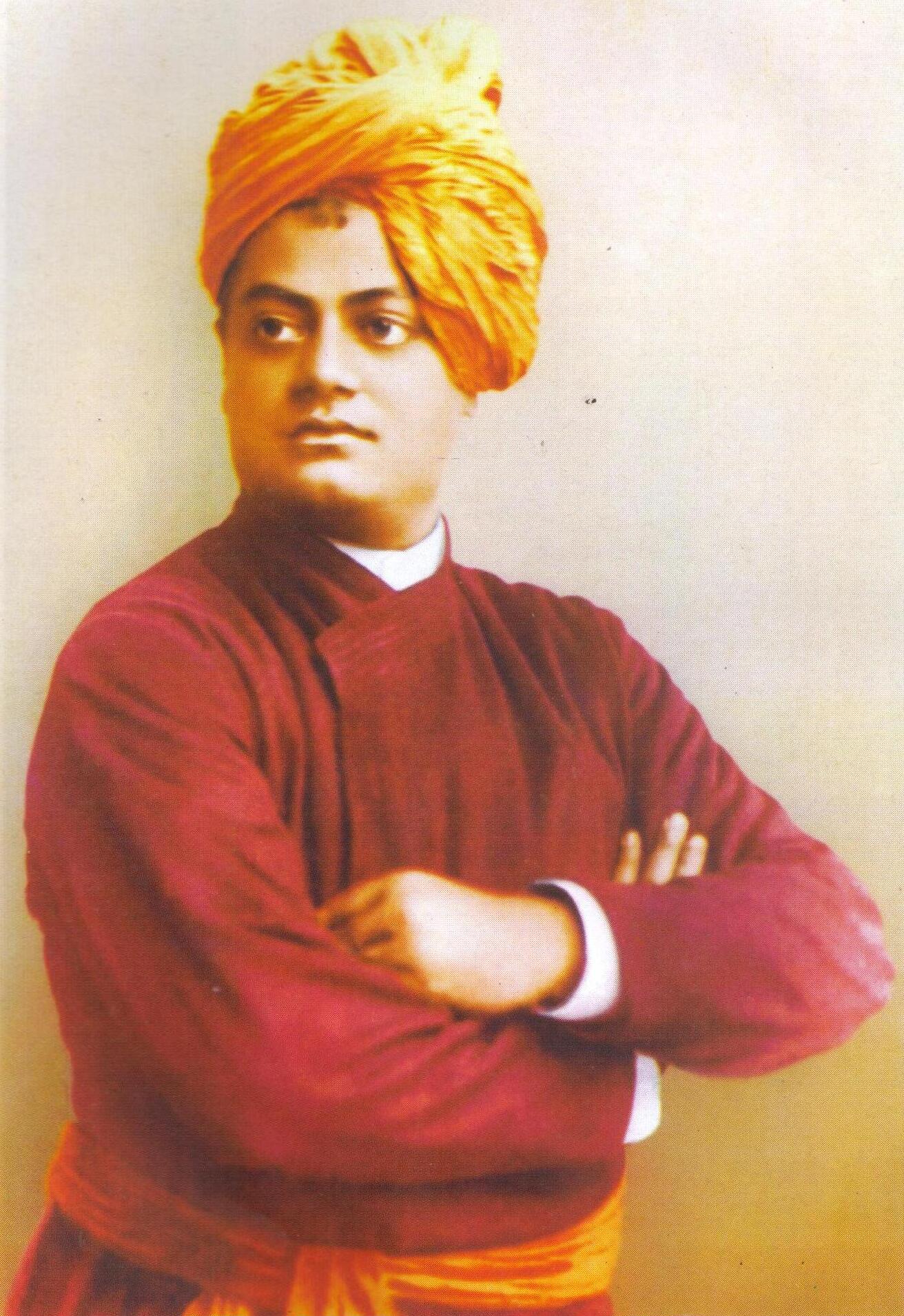What Early Asian Philosophers Had to Say About Education? – 6 December, 2018
Abu Nasr al-Farabi (872-950 AD)
 Al-Farabi, a well-known Islamic philosopher was born in Farab in Turkestan (now is Kazakhstan) and died at the age of 80 and wrote books on philosophy. music, mathematics, science, logic, political science and Islam. Though there was not writings specifically devoted to education, his views on education are found scattered in several of his books. Over a thousand years ago, al-Farabi emphasised that the whole activity of education is the acquisition of knowledge, values and practical skills that leads the individual to become the perfect human being ( (al-insan al-kamil) and the attainment of happiness. He further elaborated that the perfect human being is one acquired intellectual abilities and moral virtues. Interestingly, he stressed that one of the aims of education is the education of political leaders because:
Al-Farabi, a well-known Islamic philosopher was born in Farab in Turkestan (now is Kazakhstan) and died at the age of 80 and wrote books on philosophy. music, mathematics, science, logic, political science and Islam. Though there was not writings specifically devoted to education, his views on education are found scattered in several of his books. Over a thousand years ago, al-Farabi emphasised that the whole activity of education is the acquisition of knowledge, values and practical skills that leads the individual to become the perfect human being ( (al-insan al-kamil) and the attainment of happiness. He further elaborated that the perfect human being is one acquired intellectual abilities and moral virtues. Interestingly, he stressed that one of the aims of education is the education of political leaders because:
“Ignorance is more harmful in monarchs than it is in the common people” – al-Farabi
Remember, this was said over 1000 years ago!
Political leaders should encourage people to help one another in achieving good things and overcoming evil. Morality is the fundamental objective of education in which the human being carries out good and kind deeds, is just and generous. He also emphasised that education should develop in humans rational thought such as wisdom (hikmah), common sense and inventiveness. He further reiterated that leaders who promulgate laws must first follow them, and only then make them compulsory, i.e. leaders should be seen as role models for the general public.
What to Teach?
al-Farabi proposed an interesting list of subjects or disciplines that should be taught as follows:
- Begin with learning language and its structure so that the student can express himself because language is the foundation of all other kinds of knowledge [al-Farabi was awares of the value of language since he spoke several languages himself that allowed him to compare cultures and tongues.
- After language comes logic (mantiq) that leads to sound reflection
- Then comes mathematics which is described as the ‘exact sciences’ which includes arithmetic, algebra, geometry, astronomy, science of music, dynamics and science of machines.
- Following the exact sciences comes metaphysics, political science, Islamic jurisprudence (fiqh), Islamic law (qanun) and academic theology.
How to Teach?
- al-Farabi stated that the method of teaching must be appropriate to the level of the learners. For example, he suggested that for the elite the demonstration method is suggested in which the teacher talks while for the common people, he suggested the persuasion method in which activity is encouraged.
- al-Farabi also proposed ‘scientific discourse by which:
the knowledge of something is obtained either through asking questions about the thing, or from the replies obtained or, finally, by resolving a scientific problem – al Farabi
- al-Farabi was asked which is better, memorisation or understanding, and he replied:
Understanding is better than memorisation, because the action of memorisation deals mainly with words and expressions, in other words with details, which could go on forever and are hardly useful…But the action of understanding concerns meanings, universals and laws – defined matters, finite, and which are valid for all – al Farabi
Swami Vivekananda (1868-1902 AD)
 Swami Vivekananda was born in Calcutta, India and died in 1902 at the young age of 34. He was a great thinker and reformer of India. He believed that mankind is in crisis with science and technology fast reducing man to the status of a machine and the undermining of moral and religious values. He feels that the purpose of education is to awaken the spiritual self of human beings. His famous quote that:
Swami Vivekananda was born in Calcutta, India and died in 1902 at the young age of 34. He was a great thinker and reformer of India. He believed that mankind is in crisis with science and technology fast reducing man to the status of a machine and the undermining of moral and religious values. He feels that the purpose of education is to awaken the spiritual self of human beings. His famous quote that:
Education as the manifestation of the perfection already in man
Remember, this was said over 100 years ago!
‘Manifestation’ implies that something already exists and is waiting to be expressed. It is like a piece of flint that needs to be lighted to bring out the knowledge that is inherent in a child. It also includes removing the barriers that prevents a child from demonstrating what he or she born with.
‘Already in man’ refers to a child’s potential which includes the range of abilities and talents known or unknown that he or she was born with. ‘Potential’ speaks of the possibility of awakening something that is lying dormant.
‘Perfection’ is the aim of learning which addresses the problems humans encounter – equipping people for life, strengthening of character, inculcating the spirit of giving to others and being able to stand on one’s feet.
He further elaborated that “education is training the mind” which is not simply the accumulation and memorisation of facts but rather the power to unlock the mysteries of a subject. Equally important is for students to cultivate ‘will power’ what will strengthen one’s character.
Vivekananda believed that today’s education neglected the spiritual development of students and recommended that education should be rooted in religion. However, he did not refer to any particular religion but the eternal principles enshrined in a religion that touches the heart and brings about desirable changes in a human being. Adding that religion should avoid being dogmatic nor confined to only rituals.
There must equal chance for all or if greater for some and some less – the weaker should be given more chance than the strong – Vivekananda
Vivekananda stressed the importance of educating the masses especially the poor and the weak so that can be self-reliant. He insisted that women get the right type of education that will help them solve their own problems in their own way.
On teaching and teachers, Vivekananda strongly believed that a teacher needs to help students learn to think, able to discriminate and appreciate things.
The only true teacher is he who can immediately come down to the level of the student, and transfer his soul to the student’s soul and see through the student’s eyes and hear though his ears and understand through his mind – Vivekananda
Confucius (551-479 BC)
Confucius was born in 479 BC in Shandong province, China and died in 479 BC at the age of 72. He wrote extensively on various subjects such as history, rites, music, politics, economics and culture. According to Confucius, the twin pillars of education should be ‘moral instruction’ and the ‘imparting of knowledge’.
Remember, this was said over 2600 years ago!
Confucius stressed that education should inculcate the following moral concepts – benevolence (ren) which also signifies love for one’s neighbour, filial piety (xiao), respect for the elderly (ti), altruism (hui), kindness (liang), frugality (jian), tolerance (rang), courage (yong) and wisdom (zhi).
By three methods we may learn wisdom: first by reflection which is the noblest; second by imitations which is the easiest; and third by experience which is the bitterest – Confucius
Confucius sought to provide students an education that matched their aptitudes and to lead them by stages. He wanted students to take delight in learning, to encourage independent thought, to combine theory and practice and practice self-control. In addition the education system should seek to produce students who welcome criticism, accept correction, self-analysis, set a good example, curb evil and exalt the good.
Teachers – He believed that a good teacher should be passionate and committed to his work. The teacher must love his pupils, know them well, understand their characters, find ways and means of facilitating their access to knowledge in a lively fashion